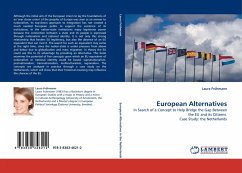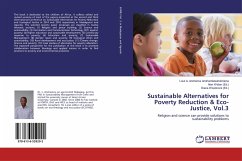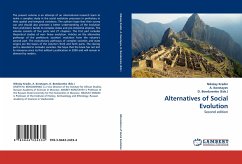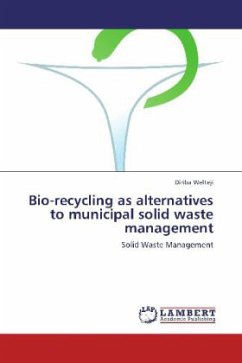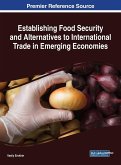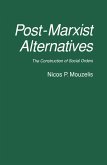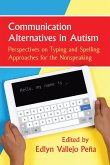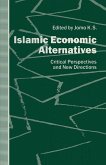Although the initial aim of the European Union to lay the foundations of an 'ever closer union' of the peoples of Europe was seen as an answer to nationalism, its top-down approach to integration has not created a much needed European public to support the existence of its institutions. In the nation-state institutions enjoy legitimate power because the connection between a state and its people is expressed through nationalism and national identity. It is not only this strong relationship that hinders EU legitimacy, but also the absence of an EU equivalent that can rival it. The search for such an equivalent may come at the right time, since the nation-state is under pressure from above and below due to globalization and mass migration. In theory the EU could use this to its advantage by providing an alternative. This book examines the potential of five concepts upon which an EU equivalent of nationalism or national identity could be based: supranationalism, postnationalism, transnationalism, multiculturalism, regionalism. The concepts are analyzed in practice through a case study on the Netherlands, which will show that their historical meaning may influence the chances of the EU.
Bitte wählen Sie Ihr Anliegen aus.
Rechnungen
Retourenschein anfordern
Bestellstatus
Storno

